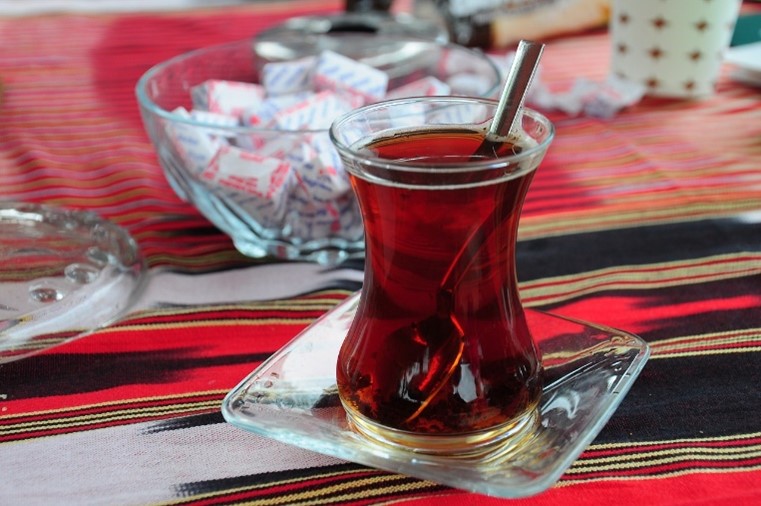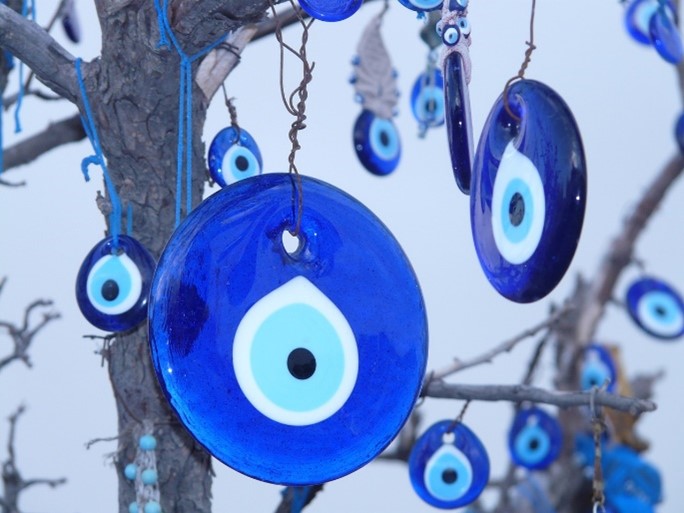Unusual Customs to Follow in Turkey
The low cost of living, warm Mediterranean climate and healthy, relaxed lifestyle are among the reasons why many people from outside the country have chosen to make Turkey their home. However, it does have some unusual customs which new arrivals should be aware of if they want to be fully accepted into their community, whichever part of Turkey they are moving to.
Here The Moving Partnership, who can help with removals to all parts of Turkey, highlight some of the more common traditions which potential new arrivals may be unaware of.

Tea With a Twist
If you are considering removals from the UK to Istanbul or any Turkish city, town or village, then you may be comforted to know that tea drinking is an essential part of the culture. Being offered some when you visit someone’s home (or a hairdresser or store) is considered a polite way to welcome someone in.
However, the tea is likely to be brewed in a caydanlik, a combined kettle and teapot where the tea leaves are placed in the top part and the hot water in the bottom. The resulting brew is probably going to be a dark red colour, thanks to the dark leaves which are grown in the north of the country. You will also probably be served it in a tulip-shaped glass (called an ince belli bardak, above), rather than in a cup or mug.

A Good Case of the Blues
The Turks believe that envy can be a very damaging emotion. To circumvent this, many homes have a blue eye (above) made of glass in a prominent position, usually hanging on the door; this is because the blue eye protects them from envy. This tradition is known as Nazar, or ‘The Evil Eye’.
A Henna Night, and Not a Hen Night
Traditional weddings are a big deal in Turkey – they last for several days, and involve plenty of food, music and dancing, as well as the marriage ceremony itself.
The whole event usually starts a few days beforehand, with something known as a ‘henna night’. Here, the bride's female relatives and friends gather to decorate her hands and feet with the reddish dye, which is believed to bring good luck and fertility. The bride wears a red dress and a veil, and the guests sing traditional songs and dance.
On the day of the wedding, the groom and his family arrive at the bride's house to "ask for her hand" and then escort her to the venue. Along the way, they dance and sing, and people throw coins at them for good luck.
Water, Water Everywhere
Turks believe that one way of saying goodbye is to throw water when they leave; it’s usually not directly at them, but behind them (but they should still be aware of it). This is typically done before the person embarks on a long journey, and it is a way of hoping that their trip is as smooth as water.
This tradition usually applies to car journeys, but it can also be a form of farewell if the person leaving is about to sit a school examination, go for a job interview, or is about to complete a specific, important task.
This tradition is also practised in some other Eastern European countries, including Bulgaria, Bosnia and North Macedonia.
Paying it Forward – in Bread
The concept of ‘askida eskmek’, or paying it forward, is believed to have its roots in the Islamic religion. Turks often pay for two loaves of bread at their local bakery, but only take one.
The second is left hanging on a hook in the bakery so that someone needy can take it later in the day; alternatively, it could be broken up into crumbs and fed to animals or birds. Islamists believe that bread, of all foodstuffs, is sacred and helps sustain life.
Removals to Turkey with The Moving Partnership
At The Moving Partnership, we can help with commercial and domestic moves to all parts of Turkey, including Ankara, Bursa, Izmir, Adana and Konya, as well as Istanbul. Follow this link if you’d like to know more about the services we can include in your quote; we can also offer free online quotations and video surveys to help make the process that much easier for you.






